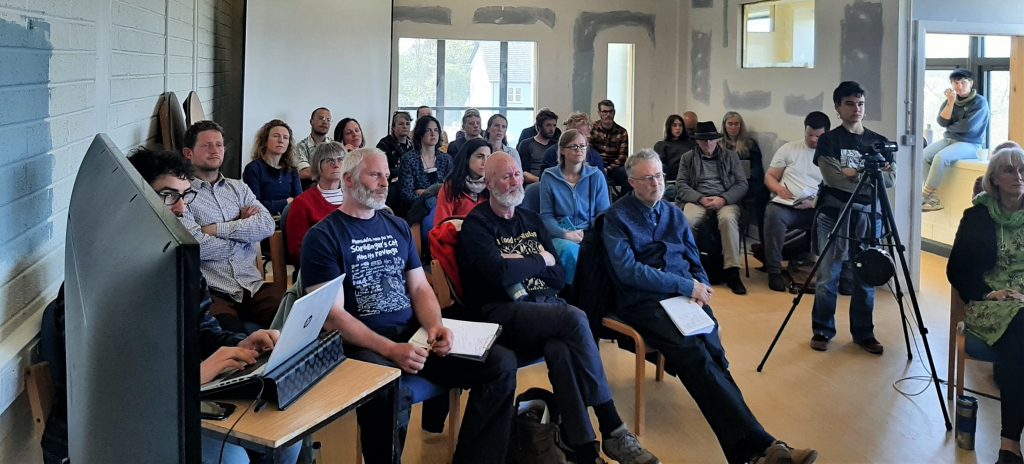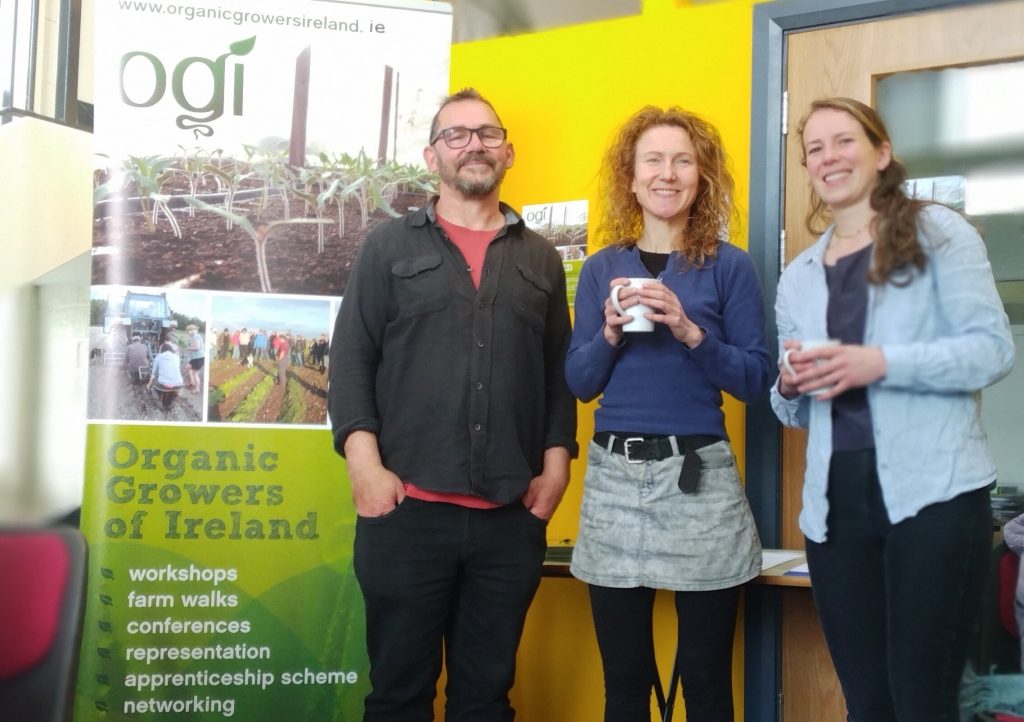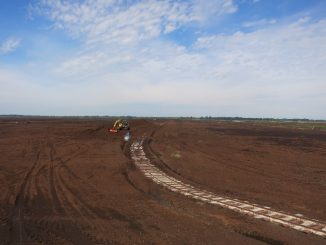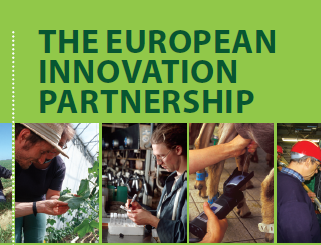
In a context of crises compounding, the annual Feeding Ourselves gathering in Cloughjordan took on a renewed urgency this year. So how are the strands of people from food sovereignty, cooperative and environmental areas coming together to amplify their collective work? Oscar Mooney reports.
Crises compound. The Covid-19 pandemic demonstrated just how vulnerable global food systems are. The reliance of supermarkets on global supply chains was revealed while the largest protest in history occurred as farmers across India marched against market deregulation and corporate exploitation. And from one crisis to the next, the War in Ukraine is exposing the interdependence and susceptibility of global food supply chains once again.
Food Sovereignty – a way for people to come together and produce, distribute, and consume the most socially and ecologically appropriate food within a solidarity economy – is needed now more than ever. And in Cloughjordan Ecovillage, Feeding Ourselves 2022 brought together farmers and workers practicing agroecology, community and cooperative food practitioners, and environmental policy experts and campaigners – all to connect and progress each other’s work.
The Sessions

The session opened with contributions from Ruth Hegarty, Ollie Moore, Fergal Anderson, and Bridget Murphy, followed by breakout sessions where participants discussed soil biology, the Open Food Network, seed banks, and policy interventions.
Ruth Hegarty detailed that rather than Ireland having an integrated, healthy, and climate-resilient food system guided by good policymaking, Ireland has a series of agri-business strategies that treat food as a commodity, people as consumers, and which rely heavily on both exports and imports. Hegarty pointed to good work being done in schools, such as An Taisce’s Green School’s new Global Citizenship Food and Biodiversity project and Transition year artisan food modules, and opportunities in public procurement and local processing.
Reference was also made to systemic, interconnected considerations such as prices, poverty, and waste: an example being that by shifting food waste to food banks the issue of food waste is not solved but maintains conditions of poverty while allowing the soaring cost of living to continue perpetuating. She described how a national food policy with a true systems approach is necessary to shift Irish food systems from treating people as consumers to treating them as citizens.
Oliver Moore described how the War in Ukraine was being co-opted as an opportunity to roll back environmental protection measures. Increased livestock feed production and mineral fertilizer use were being supported by a Derogation of the Nitrates Directive without any concern for the social and environmental consequences.
Fergal Anderson highlighted the parallels and solidarity between organic growers in Ireland and the global movement for Food Sovereignty, La Vie Campesina. “The key difference between food security and food sovereignty is that food sovereignty includes agency of people and farmers in the process” he stated.
Breakouts
In the breakout sessions, The Open Food Network was discussed as a developing platform allowing customers to directly meet their food producers and consequently realising the beauty of a community-led, flexible farmers’ market. However, it faces competition from competing platforms funded by venture capital as well as issues in labour availability. Generating synergies with other stakeholders and local businesses, as well as developing the personal relationships between producers and customers, the Open Food Network is proving itself to be a promising, and ecologically-friendly, alternative.
Current challenges also highlight the importance of seedbanks to ensure seeds remain a common for growers to share in their community. Seeds are meant to evolve with their changing environments, however, seeds that aren’t able to interact with native biodiversity are being used across industrial agriculture. Initiatives like the Irish Seed Savers Association, Brown Envelope Seeds, and the Gaia Foundation Seed Sovereignty are demonstrating the invaluable experience, knowledge, and practice of open-pollination required for preserving the genetic diversity of seeds.
The Open Training Network was announced in the afternoon of Feeding Ourselves. The Open Training Network will work to support the network of organic and agroecological growers to learn, share problems, and have space to assess their experiences and keep growing their capacity. Governance, communication, digitalisation will be cornerstones for this emerging network of 18 organisations.
The activities of the Open Training Network are scheduled to take place over the next year, and the final themes and topics of training sessions are already being co-designed while engaging with relevant consultants and trainers for support. This offers an opportunity to develop a regenerative, community-led food cooperative that supports a green, circular, and local economy, shortening long, and vulnerable, supply chains in the process.
This sequence of interesting training, events, and opportunities will help lead to the development of another exciting and poignant event – Feeding Ourselves 2023.
Rural Ireland on the Move – new report on Just Transition and Diversification launched.
Coping with Covid19 – the Open Food Network and the New Digital Order(s)




